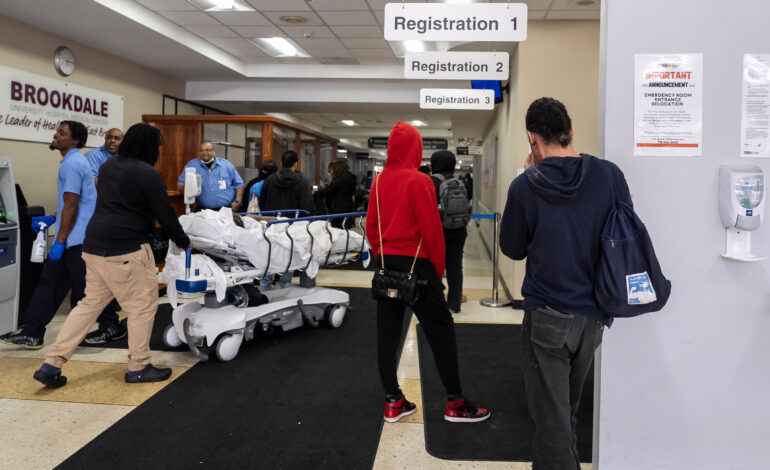
Impacts of Trump Travel Restrictions on U.S. Medical Residents
The recent travel restrictions imposed by the Trump administration have raised significant concerns regarding their impact on medical residents in the United States. These restrictions have complicated the ability of foreign-trained doctors to contribute to American healthcare, which is already facing a shortage of medical professionals. This article delves into the implications of these policies.
Background of the Travel Restrictions
The Trump administration’s travel restrictions, initiated in 2017, targeted several predominantly Muslim countries. These policies have evolved, affecting various immigration and visa processes. Understanding the origins and evolutions of these restrictions is crucial to comprehending their impact on the medical sector.
Effects on Medical Residency Programs
This travel ban has resulted in a significant reduction in the number of foreign medical graduates who can join residency programs in the U.S. This creates a pressing challenge for hospitals, especially those in underserved areas relying on international medical residents to fill critical positions.
Impact on Healthcare System and Patient Care
The shortage of medical residents due to travel bans has a direct impact on patient care. Hospitals find it increasingly challenging to maintain service levels, affecting both short-term patient outcomes and the long-term quality of care in the healthcare system.
Potential Alternatives and Solutions
To mitigate the impact of travel restrictions, some hospitals are turning to alternative solutions such as increasing collaboration with local medical schools and streamlining legal processes to expedite visa approvals for medical professionals. However, these measures are inadequate to fully resolve the issue.
Conclusion
The travel restrictions imposed by the Trump administration have posed significant challenges to the U.S. healthcare system, particularly in residency programs. While some solutions have been attempted, more comprehensive strategies are needed to address the gaps caused by these bans. Collaboration and policy reforms are crucial to ensure that essential medical roles are filled and that healthcare standards are maintained.






